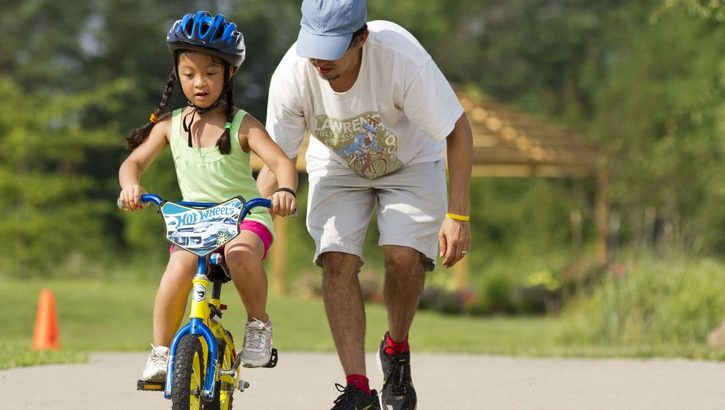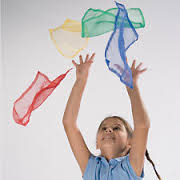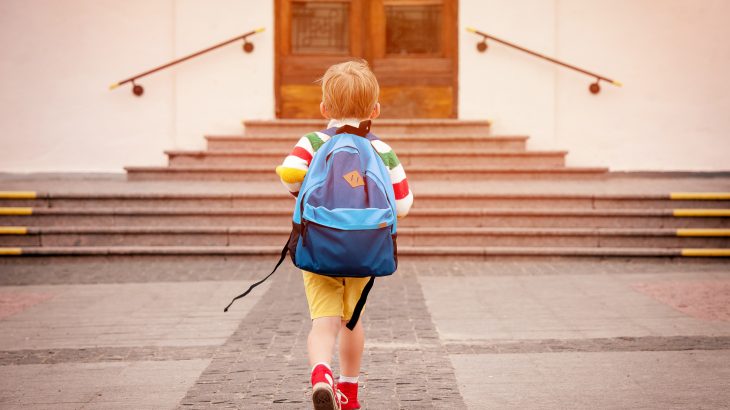
Headphones are Not Evil I marvel that some teachers despise headphones. They see no problem with asking a student to concentrate on difficult mental work like reading or writing, in a group of 20+ other people tightly packed. Many people who work in computer science, remote customer service, accounting, or many other fields routinely use […]




